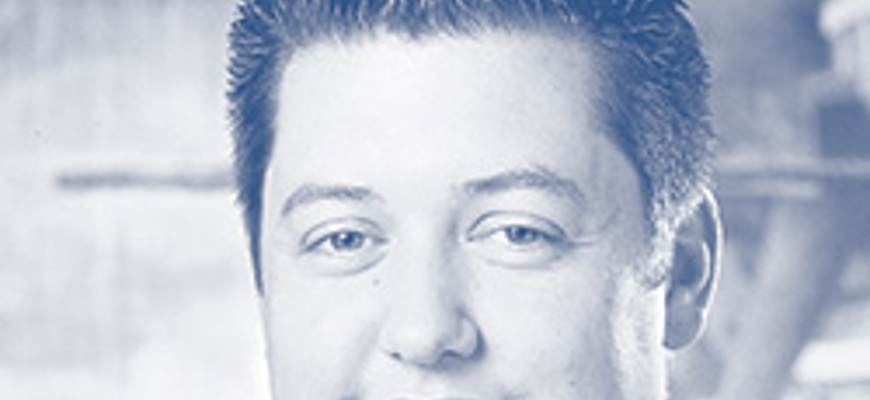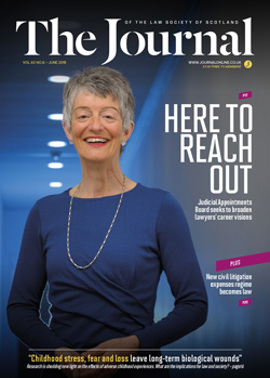Retroactive TUEs and the Nasri case

Anti-doping cases in football are rare, for many reasons. When they occur, they tend to hit the headlines. The recent case involving former Manchester City and Arsenal star Samir Nasri illustrates the care that sportspeople need to take in every aspect of their lives, while pointing towards the steps that may be required if a therapeutic use exemption is required.
An anti-doping rule violation (ADRV) arises under the World Anti-Doping Code 2015 (sport’s global governing rules against doping) primarily in relation to “prohibited substances” and “prohibited methods”, prescribed by WADA through the “prohibited list”. An ADRV can arise in a number of prescribed situations including the presence, use, attempted use, possession, trafficking, attempted trafficking, administration or attempted administration of prohibited substances or methods.
Typically the only way that a violation and resultant sanction can be avoided when there has been otherwise prohibited use, is if the sportsperson has been or is subsequently granted a therapeutic use exemption (TUE). The TUE allows substance or method use if (i) it is needed to treat an acute or chronic medical condition, and a significant impairment to health would otherwise be risked; (ii) it is highly unlikely that any additional enhancement of performance beyond what might be anticipated by a return to the athlete’s normal state would result; (iii) there is no reasonable therapeutic alternative to its use; and (iv) the necessity for such use is not a consequence of prior prohibited use.
A TUE should be proactively applied for, but a retroactive grant may be secured if: (a) emergency treatment or treatment of an acute medical condition was necessary; or (b) due to other exceptional circumstances there was insufficient time or opportunity for the athlete to apply for the TUE prior to sample collection; or (c) the applicable rules required the athlete to apply for a retroactive TUE; or (d) a retroactive TUE should be granted in the interest of fairness.
Holiday sickness
In December 2016 Nasri took ill while on a family holiday in LA. He called a physician, who visited his hotel and diagnosed him as being “in a state of dehydration”. Nasri was prescribed an intravenous infusion of a sodium chloride solution. He was due to fly to Europe soon after, to play for Sevilla, his then club. After “Drip Doctors”, who administered 500ml of the solution, advertised their treatment of Nasri on Twitter, the Spanish Agency for Health Protection in Sport enquired of Sevilla for further details, leading to Sevilla’s doctor making an application for a retroactive TUE through UEFA’s TUE Committee. This was rejected. Nasri asked WADA to review UEFA’s rejection. When WADA refused to do so, Nasri initiated proceedings with the Court of Arbitration for Sport (CAS).
Nasri sought to argue that he was eligible for a retroactive TUE, claiming his condition had been acute: a doctor had described him as “very weak, confused, vomiting and had diarrhoea”. This was rejected, it being concluded that a reasonable therapeutic alternative existed in the form of oral hydration: there had been no medical evidence to say otherwise. Nasri also tried to argue that there would be no performance-enhancing benefits, and that due to other exceptional circumstances, there was insufficient time to secure a TUE (being abroad over Christmas, a flight to take, etc).
The onus was on Nasri to persuade CAS that an error had occurred. CAS concluded there was no error in refusing his retroactive TUE: in particular, faster and more efficient hydration and replacement of vitamins and minerals did not make the IV treatment a reasonable therapeutic alternative. In taking 500ml of treatment Nasri had, in any event, far exceeded the WADA guidelines on IV infusions. No emergency existed. Importantly, Nasri had not engaged in discharging his personal responsibility to ensure that the WADA code was complied with, in particular by failing to liaise with his club physicians (and so failing to seek specialist sports physician advice).
Six months’ suspension
Nasri was suspended for six months, excluding him from all football until June 2018, a far shorter sanction than he could have received but for the CAS deciding that mitigating factors existed, including the lack of intent, there being “no significant fault or negligence” and Nasri having fully co-operated throughout. Applying the “Cilic scale” (from Marin Cilic v ITF), CAS determined six months was proportionate.
With TUEs hitting the headlines in cases such as that of cyclists Wiggins and Froome, and doping violations easily occurring in cases such as Nasri, sports organisations and clubs should reinforce the need for sportspeople and all with responsibilities under the WADA code to refocus on ensuring compliant practice, or face lengthy bans and media inspection.
In this issue
- Recovery of electronic documents: time for guidance?
- Reasonable treatment options and professional judgment
- Retention demystified?
- Child law: time for change? (1)
- Reading for pleasure
- Opinion: Ayla Iridag
- Book reviews
- Profile: Rachael Delaney
- President's column
- Keeper's update
- People on the move
- Choice answers
- When four ACEs is a bad hand
- Litigation: passing the bill
- Child law: time for change?
- Debt recovery and AI: are we plugged in?
- Technical but important
- Ringing the changes: UK and EU IP developments
- Commercially sensitive? Justify that
- Abandonment: whose use counts?
- Retroactive TUEs and the Nasri case
- Clarifying real burden enforcement rights
- How we deal with leases at termination
- In-house and in the know
- Public policy highlights
- Meet Laura
- Complaints: from "bonkers" to benefit?
- That time of year again
- AGM does ABS – a reprise
- Paralegal pointers
- Finance for dummies (and lawyers)
- Ask Ash






